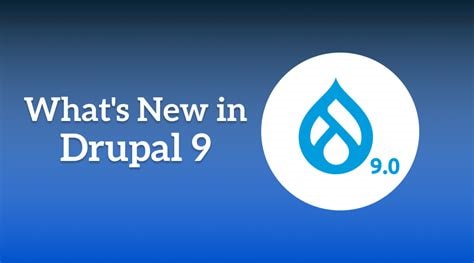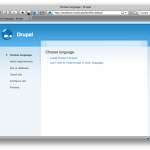What are the advantages of a Drupal web application?
There are several advantages of using a Drupal web application, including:
-
Flexibility: Drupal's modular architecture allows for great flexibility in building and customizing web applications, making it a good choice for a wide range of projects.
-
Scalability: Drupal can handle high traffic and large amounts of content, making it suitable for large and complex web applications.
-
Security: Drupal is known for its strong security features, which help protect against hacking and other security threats.
-
Community support: Drupal has a large and active community of developers and users, which provides a wealth of resources and support for building and maintaining web applications.
-
Multilingual support: Drupal has built-in support for multiple languages, making it easy to create web applications that can be used by a global audience.
-
Accessibility: Drupal is compliant with web accessibility standards, making it easy to create web applications that are accessible to users with disabilities.
-
Customizable: Drupal provides a wide range of modules and themes that can be used to customize the look and functionality of a web application.
-
SEO friendly: Drupal has built-in SEO features, such as customizable meta tags and sitemap generation, which helps to increase the visibility of web applications in search engine results.
-
Integration: Drupal can be integrated with a wide range of other systems and applications, such as CRM, e-commerce platforms, and analytics tools.
-
Cost-effective: Drupal is open-source software, which means that it is free to use and can be easily customized to meet the specific needs of a web application.










